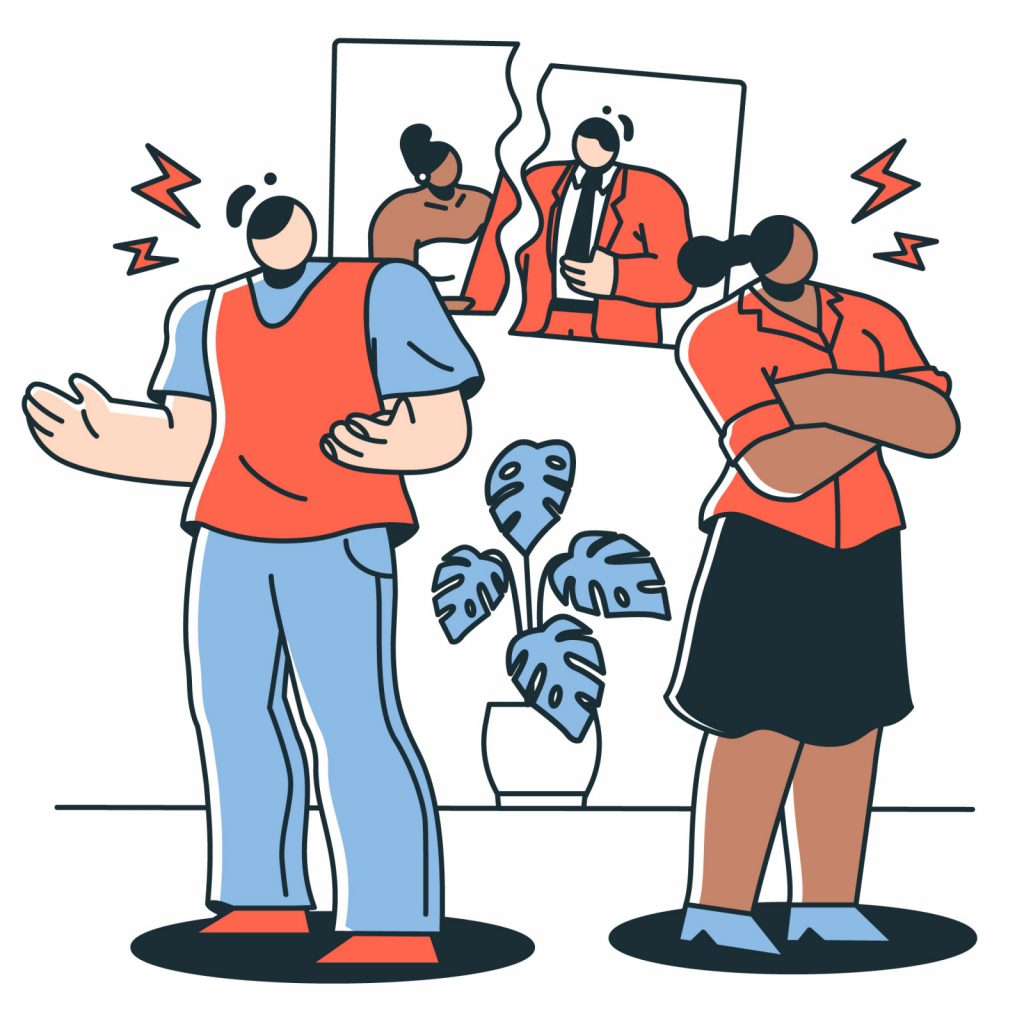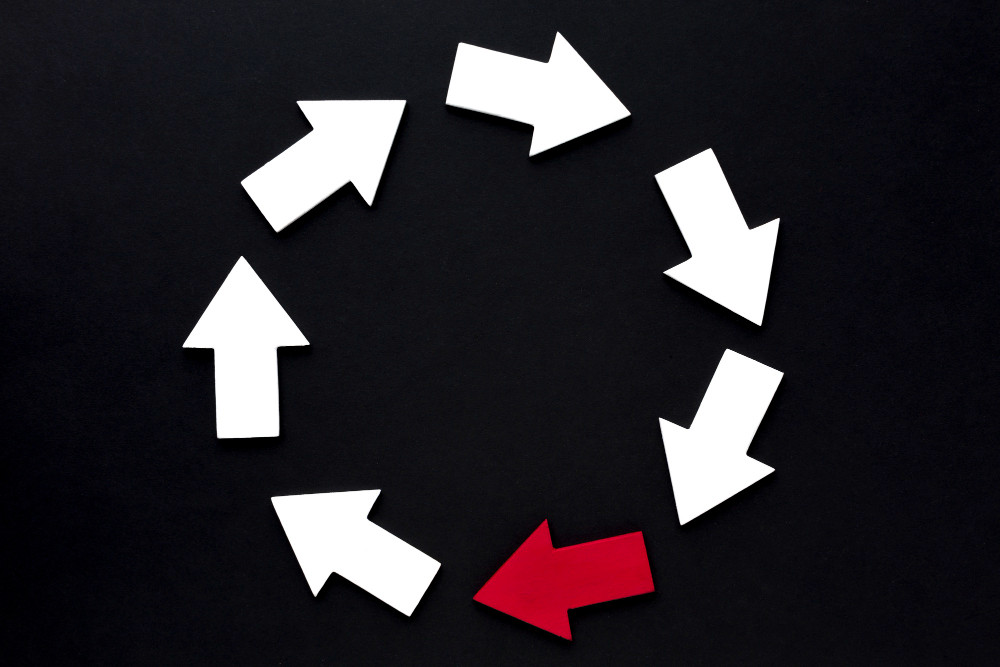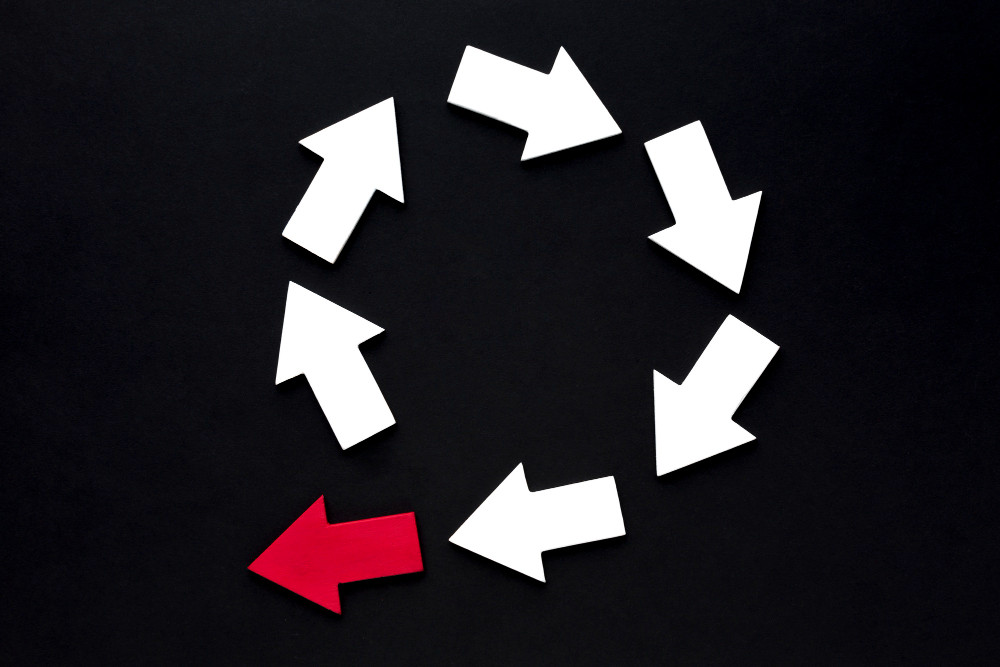New Study Reveals Why Narcissists Feel Left Out—And How It Makes Their Behavior Worse

© Freepik
Why do narcissists feel left out?
We have all met someone who seems to think the world revolves around them—the coworker who dominates every conversation, the friend who craves constant admiration, or the family member who always plays the victim. These individuals often exhibit narcissistic traits, but what happens when they feel excluded? Please continue reading to find out.
Why Do Narcissists Feel Left Out?
A new study reveals that social rejection doesn’t just hurt narcissists—it fuels their worst behaviors, creating a vicious cycle that is hard to break.
Published in the Journal of Personality and Social Psychology, the study, led by Christiane Büttner of the University of Basel, examined over 77,000 participants across multiple countries.
The findings were striking: narcissists not only feel left out more often than others but are also more likely to be actively excluded from social circles. This exclusion, whether real or perceived, boosts their arrogant, aggressive, and self-centered behaviors, trapping them in a destructive feedback loop.

The Narcissist’s Paradox
Narcissists, particularly those with grandiose traits, thrive on admiration and status. Yet, their disruptive behaviors—like aggression, entitlement, and a lack of empathy—often lead others to distance themselves. The study found that narcissists are hypersensitive to social cues, interpreting even minor slights, like a delayed text or a missed social media, as intended exclusion.

“There’s a thin-skinned quality to narcissistic people,” explains Dr. Ramani Durvasula, a clinical psychologist specializing in narcissism. “They’re acutely aware of any hint of rejection, even if it’s unintentional.”
But here’s the twist: their overreactions to perceived slights often push people further away. Friends, family, or colleagues may start avoiding them to escape their volatile behavior, which only deepens the narcissist’s sense of isolation.
A Self-Perpetuating Cycle
The study identified a troubling pattern: narcissism and ostracism reinforce each other. When narcissists feel excluded, they often adopt a victim mentality, which boosts their hostile behaviors. This, in turn, leads to more social rejection, creating a cycle that’s difficult to escape.

In workplace settings, this dynamic can be particularly damaging. Narcissistic individuals may be left out of emails, ignored in meetings, or excluded from social gatherings. Their defensive reactions—like lashing out or blaming others—only deepen the problem, making it harder for teams to function harmoniously.
Breaking the Cycle
So, what can be done? The study suggests that early intervention is key. Social skills training, cognitive behavioral therapy, and mindfulness practices can help narcissists develop healthier coping mechanisms. These practices can challenge their assumptions about rejection. For those dealing with narcissists, strategies like empathic disengagement—maintaining politeness without sacrificing mental well-being—can help manage difficult exchanges.

Ultimately, this research sheds light on the complex relationship between narcissism and social exclusion. By understanding this cycle, we can better guide conflicts in our personal and professional lives, fostering healthier relationships for everyone involved.
Narcissists may crave the spotlight, but this study shows that their fear of being left out often leaves them standing alone.
You may also like: Do You Know the Differences Between Narcissists and Sociopaths?


